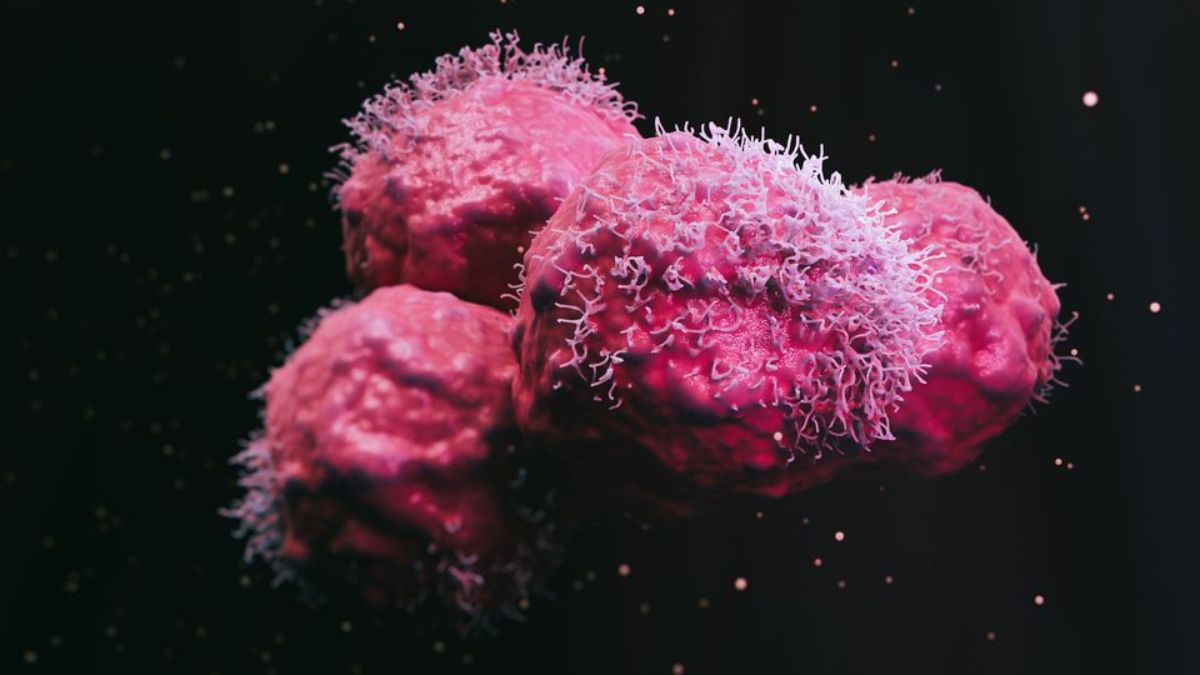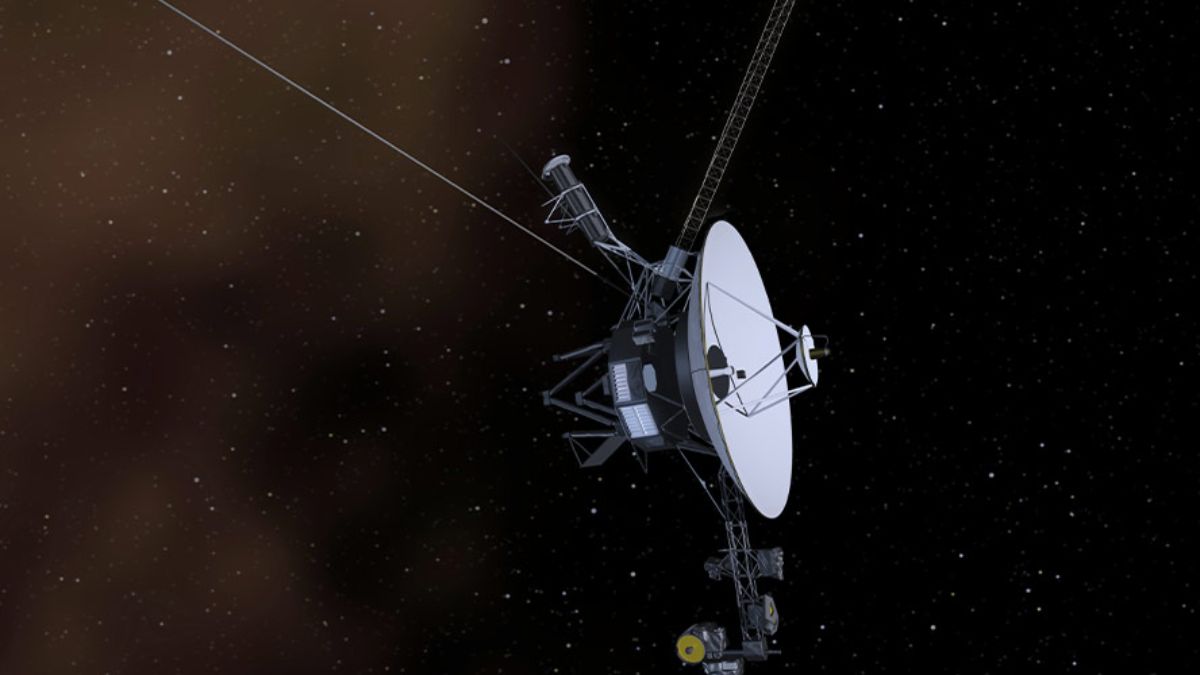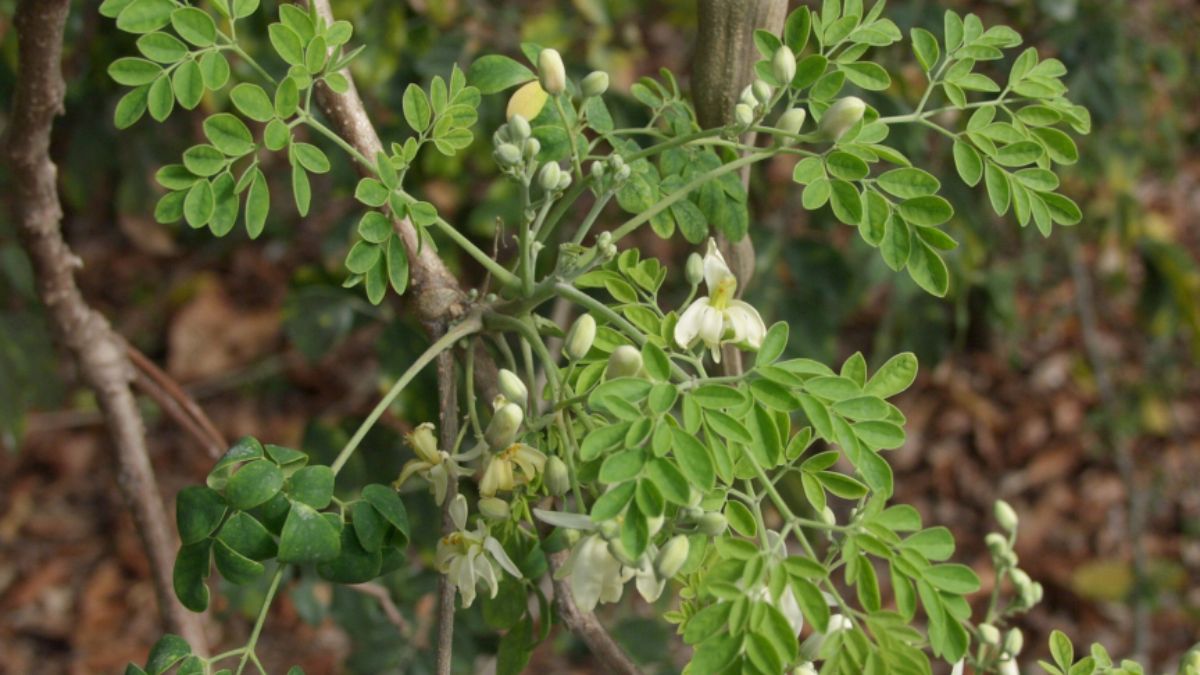Pancreatic cancer is one of the deadliest types of cancer, and for decades, scientists have been puzzled by one question — how does it spread so quickly despite being surrounded by thick, tough tissue that should slow it down? A new study led by Cornell University may finally have the answer.
Table of Contents
Researchers have discovered that a specific biological receptor, called ALK7, plays a critical role in how pancreatic ductal adenocarcinoma enters the bloodstream and spreads throughout the body. This finding not only solves a long-standing medical mystery but also opens the door for potential new treatments.
Lethal
Pancreatic ductal adenocarcinoma is the most common form of pancreatic cancer, and it’s also one of the most lethal. Fewer than 10% of patients survive more than five years after diagnosis. That low survival rate is partly due to how quickly and efficiently the cancer spreads—or metastasizes—to other organs like the liver or lungs.
One would think the tumor’s thick, fibrotic outer shell would prevent it from escaping and entering the bloodstream. But clearly, it doesn’t. Until now, the reason was unclear.
Breakthrough
Published in Molecular Cancer, this new research finally provides a clear explanation. ALK7, a biological receptor, was found to activate two important pathways. One makes cancer cells more mobile through a process called epithelial-mesenchymal transition. The other produces enzymes that break down the blood vessel walls.
As Esak Lee, lead author of the study and assistant professor at Cornell’s Meinig School of Biomedical Engineering, put it, ALK7 gives cancer cells “both the engine to move and the tools to invade.”
Conflict
ALK7 has been a confusing topic in past research. Some studies said it helped slow cancer, while others found the opposite. This new research clears that up by using advanced tools like mouse models and a cutting-edge organ-on-chip system.
The organ-on-chip platform, developed in Lee’s lab, mimics human blood vessels and offers a better view of the tumor’s behavior than traditional animal models. It allowed researchers to track how and when ALK7 plays a role in the cancer’s invasion.
Timing
One of the most fascinating findings is how crucial timing is in fighting the disease. When ALK7 was blocked at the early stage—before cancer cells entered blood vessels—the spread of cancer slowed dramatically. But once the cells were already in the bloodstream, blocking ALK7 didn’t help.
That means there may be a small but critical window of opportunity to stop the disease from spreading.
In the words of Lee, “Once we miss this early opportunity to block ALK7 receptors, the cancer cells can freely circulate in the bloodstream and easily seed into other organs.” On the flip side, catching and treating it early could improve patient outcomes significantly.
Potential
This discovery doesn’t just impact pancreatic cancer treatment. The organ-on-chip technology used in the study could be applied to other cancers or even to study how immune cells move through blood vessels.
Different types of cancer have unique microenvironments, and ALK7 might act differently depending on the tumor type. That makes this study an exciting starting point for even more research.
Lee hopes this study will inspire new approaches in cancer research, especially when it comes to understanding how cells interact with their environments and spread.
Hope
While pancreatic cancer remains a tough disease to beat, this research gives new hope. By identifying ALK7 as a key player and revealing when it’s most vulnerable, scientists are one step closer to creating treatments that can actually stop the disease before it spreads.
And with innovative tools like the organ-on-chip platform, researchers can now study cancer with more precision than ever before. That means we may soon see a shift in how we understand and treat not just pancreatic cancer, but other aggressive cancers as well.
FAQs
What is ALK7’s role in pancreatic cancer?
ALK7 helps cancer cells move and break into blood vessels.
Why is pancreatic cancer so deadly?
It spreads quickly and is hard to treat due to its dense tissue.
What does epithelial-mesenchymal transition mean?
It’s a process where cells become more mobile and invasive.
Can blocking ALK7 stop cancer spread?
Yes, but only if done early before cells enter the bloodstream.
What is an organ-on-chip system?
A device that mimics human tissue to study disease behavior.
















